Mastering your pre season, 101.
Are you an athlete in the preseason phase of the year? There are many factors to consider during your preseason to ensure that you are setting yourself up for a great season and to stay available for your team.
Below are some key principles that support our athletes in setting up for a successful season ahead.
Rest.
Enjoy your Christmas break, but maintain your structure. If you enjoy losing track of what day it is between Christmas and NYE, you’re not alone and yes, you deserve it. If that’s when you decide to rest you should absolutely go for it and do so- guilt free. BEFORE you take your break, map out your plan in order to avoid simply floating through your holidays, becoming de conditioned which inevitably leads to your pre season becoming much harder, potentially injury riddled and not performance improving as you were hoping at the end of your last season. Before your break, make sure that you have an answer to the following questions:H
How much rest do I need, and how many days (be specific) will I give myself?
Will I be moving during my break and if so, what will that look like and how often? (Again, be specific).
What would my ideal break look like where I can return to pre season, ready to perform?
What is the lowest expectation I could manage and still be both happy with myself and my level of performance output when I return? (This one is important because sometimes, life does get in the way).
What date will I return to structured club training? (This helps you both mentally prepare for your return and reconfirms the initial timeline you set out for yourself. Sticking to it and starting off with a small win can be important, particularly if you didn’t meet your other goals).
START.
Many Athletes dread their pre season preparations and end up in a cycle of putting it off. The sooner you start, the more time you have to work with where you are at. It also allows you more time to work on areas for improvement, see to any niggles that may flare up and get them sorted to really give you the best chance of being ready to perform when the season begins. There is no need to battle through niggles and strains. The sooner you have them seen to, the better your outcome will be- and that doesn’t just apply to injuries but also applies to your fitness and performance. The more time you spend working on something, the more refined it will become.
Be consistent.
Earlier, we went through some questions to help keep you on track by creating structure. This should be repeated upon your return to training to help you take the guess work out of it. To set yourself up for success for consistency, ask yourself:
When will I be completing structured club training and what are the primary focus areas of this pre season?
What will I be completing outside of structured club training and what will I be doing to focus on the other areas of my game and performance that require attention?
What will my recovery routine look like? What is my sleep hygiene like and what resources, instruments or facilities do I have access to and when will I schedule this into my week? Don’t forget to ask yourself if you are fuelling correctly to both support your training efforts as well as aid in your recovery.
Maintain your load.
There’s a big difference between enjoying a season break and turning into a couch potato and this is an area that really sets athletes apart. A complete de conditioning is not only detrimental to your performance but also places you at a significantly increase risk of injury upon your return to team training. Varying your load week to weak (high, low, high) also increases your risk of injury and hinders your performance adaptions (gains) accrued from the previous season. Don’t let post season load maintenance contradict your rest time during your season break. The point is to have a plan and factor both in without simply throwing caution to the wind and hoping for the best year after year.
By implementing the above steps you will not only set yourself up for a successful pre season and upcoming season, but you’ll also help reduce your risk of injury in both pre season and the season ahead… something your body, your coach and your team will thank you for.
Cranbourne Football Club Pre Season training with Axis Performance, February 2022.

